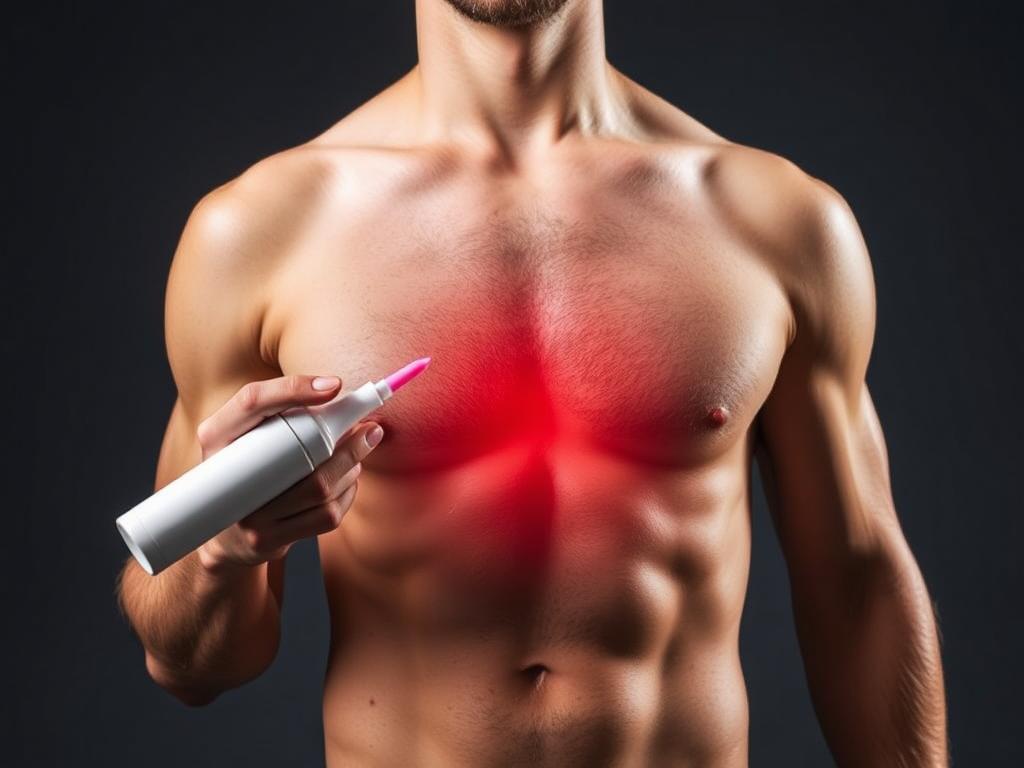For decades, scientists, pharmacists, and men around the world have been intrigued by the complexities of male libido and potency. This interest has led to countless breakthroughs, misunderstandings, and enlightening conversations. But what really drives male libido, and how can it be measured and improved? In this expansive article, we’ll delve into the labyrinthine world of male sexual health, focusing particularly on the labs for low libido in males that can help clinicians gauge and treat low libido.
Unraveling the Mystery: What Exactly is Male Libido?
Let’s start with the basics. Male libido, or sexual drive, isn’t just a glib phrase tossed around in locker room banter. It is a highly complex interplay of hormones, psychological elements, social factors, and neurophysiological pathways. Often, it serves as a barometer of overall health, giving clues about various aspects of a man’s body and mind.
Libido varies greatly among individuals, influenced by factors such as age, fitness, emotional connection with a partner, and external stresses. While a coffee shop discussion might simplify libido as a scale of high or low, the biological narrative is far more nuanced and fascinating.
The Scientific Approach: Labs and Testing for Low Libido
When a man experiences a downturn in sexual desire, a medical evaluation—often starting with specific laboratory tests—provides insights that transcend mere speculation. These tests are valuable tools for uncovering underlying issues, ranging from hormonal imbalances to metabolic disorders.
Hormonal Profiling
The hormonal orchestra plays a pivotal role in maintaining male sexual drive. Natural fluctuations are normal, but when the balance tips too far off-center, it can dampen libido. The primary hormones involved include:
- Testosterone: This quintessential male hormone is often the first to be checked. Levels can be influenced by age, stress, and lifestyle. Elevated or diminished levels often correspond to a change in sexual desire.
- Prolactin: Typically associated with milk production in females, high levels in males can lead to reduced libido.
- Thyroid Hormones: Both hypothyroidism and hyperthyroidism can lead to changes in sexual function.
Metabolic and Physiological Tests
Beyond hormones, various other tests illuminate aspects of a man’s health that could contribute to low libido. Here are a few key tests:
| Test | Description |
|---|---|
| Lipid Profile | Measuring cholesterol levels can indicate cardiovascular health, indirectly influencing sexual performance. |
| Blood Glucose and Hemoglobin A1c | Evaluates sugar levels, as diabetes can impair sexual function. |
| Liver Function Tests | Assesses liver health, since liver disorders can affect testosterone levels. |
Navigating through the Test Results: The Physician’s Insight
Interpreting lab results requires a seasoned physician’s expertise. Test numbers are not static—they need to be correlated with a patient’s history and symptoms. For instance, testosterone levels that are “normal” for one man could be insufficient for another due to individual variability in receptors and response.
Moreover, lab results often tell only a part of the story. A comprehensive evaluation includes psychological assessments and a detailed exploration of both mental health and relationship dynamics. Stress, depression, and anxiety—the hidden saboteurs of libido—must be addressed.
Putting It All Together
To devise an effective treatment plan, the test results are considered alongside lifestyle factors such as diet, exercise, and personal habits. For example, a man with good fitness levels and controlled stress may require different approaches than someone who is sedentary and experiencing high external pressures.
The Path Forward: Treatment and Improvement
Following a thorough evaluation, the path forward involves a collaborative approach between the physician and patient. Treatment options are diverse, often encompassing lifestyle modifications, psychological counselling, and pharmacological interventions.
- Lifestyle Changes: Exercise, a balanced diet, sufficient sleep, and stress management can often elevate libido naturally.
- Psychotherapy: Counseling can help tackle underlying psychological or relationship issues.
- Medications: Drugs such as testosterone supplements or anti-depressants might be prescribed based on individual needs.
Wrapping Up Our Journey: A Fresh Perspective on Male Libido
It’s fascinating how something as personal and idiosyncratic as male libido can be decoded through scientific inquiry and medical expertise. Low libido isn’t just a standalone issue; it’s a conversation between the body, mind, and the multifaceted environment we inhabit. By understanding the signals and speaking the complex language of our bodies, we can not only improve sexual health but also enrich our overall quality of life.
In the grand tapestry of human experience, libido is not just a biological imperative—it’s a vital aspect of well-being that deserves a thorough and thoughtful approach. Here’s to embracing the mysteries, complexities, and oftentimes remarkable simplicity of male libido.






